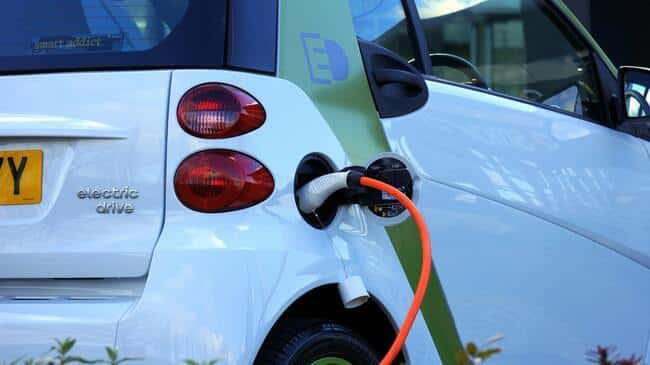The Electric Car Scheme exposes the top misconceptions surrounding EVs in the UK. Affordability remains the top concern for almost 70% of potential EV buyers. Battery health, cost, and range anxiety also continue to be concerns, but demand is growing as prices decrease.
The Electric Car Scheme is highlighting the primary concerns and myths that are preventing Brits from transitioning to electric vehicles.
As part of its new research report, Affording Sustainability, the EV salary sacrifice provider conducted a survey of 2,000 Brits to determine the factors hindering the uptake of EVs.
The research revealed that the most significant obstacle for Brits considering an EV is the initial cost, with 68% identifying this as a major barrier. While this is a well-known issue, it is gradually being addressed as more affordable entry-level models enter the market, bringing down the cost of new EVs.
The growing market for used EVs, where prices are substantially lower, is also boosting demand. Since adding used cars to its offerings, The Electric Car Scheme reports that they now constitute half of its sales.
Range anxiety remains a concern for around 40% of Brits, according to the findings, but with a record 6,000 new public chargers installed in the first quarter of 2024 alone, this issue is starting to ease. Advances in battery technology are also helping, with recent announcements from companies like Chinese EV firm Zeekr indicating that batteries could soon charge from 10% to 80% in just 10 and a half minutes using ultra-rapid charging stations. Additionally, data from The AA reveals that only 1.4% of breakdowns were due to running out of charge, a figure only slightly higher than that for petrol or diesel vehicles.
While the cost of running EVs is generally a key advantage, it remains a concern for 34% of Brits. However, operating an EV is significantly cheaper than running an equivalent petrol car. According to the latest analysis by The Electric Car Scheme, as of 15th July, petrol car owners had already spent as much on fuel as the average EV driver will spend on charging for the entire year.
Battery reliability is a worry for 31% of prospective EV drivers, but this is one of the most manageable issues. Data from battery health specialists ClearWatt shows that with proper charging practices, batteries can lose only 5% of their capacity after seven years of use and over 85,000 miles driven. However, they also found that one specific EV, which was regularly rapid charged to 100%, experienced a 30% decline in capacity within just three and a half years.
Patrick Cresswell, co-founder of ClearWatt, explained: “Electric vehicle battery degradation varies significantly depending on usage patterns and thermal management. It’s well-known that the original Nissan Leaf experienced high rates of degradation (due to a lack of effective battery cooling) and the picture has certainly improved in the second and third gen EVs that have come to market in the preceding years. While most modern EVs maintain battery health well however, outliers certainly do exist and this is usually linked to how the vehicle has been treated.”
The Electric Car Scheme CEO and Co-Founder Thom Groot commented: “We have reached the stage in EV technology and infrastructure where the old concerns are becoming less and less important and, in fact, many of them have become myths or at least misconceptions. The availability of rapid chargers has made the long drive just as feasible as in any other car, and with proper care, batteries are now incredibly reliable.
“The main concern is, instead, affordability, which was the biggest barrier for 68% of Brits, way out in front of any concerns around range, reliability or resale value. This is why we started The Electric Car Scheme, to make EVs more affordable and help increase uptake ahead of the coming phase-out of traditional cars. It is also the reason that our used EV proposition has been so popular, with it now making up half of our sales, as when EVs become cheaper up-front than petrol equivalents it really is a no-brainer to make the switch.”


